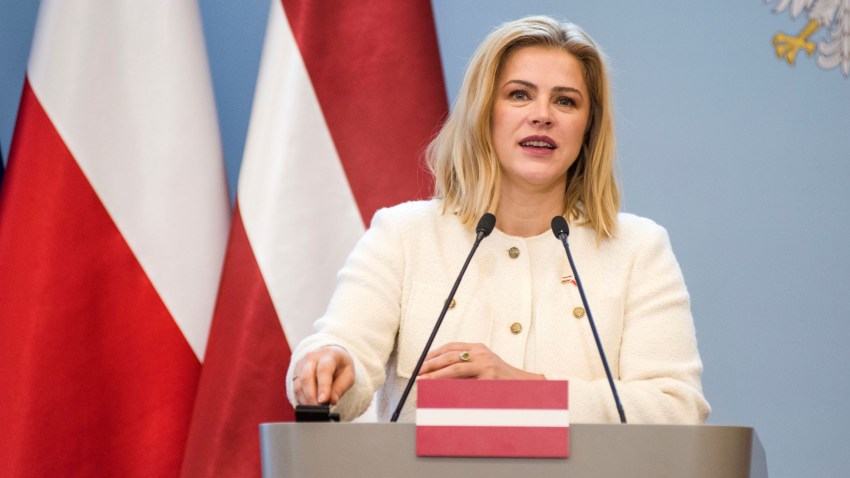For all their relatively small size, the Baltic states are increasingly asserting themselves on the European and NATO stage. And Latvia is intent on not being left out. The country contributed just under 1 percent of its GDP to Ukraine last year, and it now exceeds NATO’s spending target, with a 2024 defense budget equal to 2.4 percent of its GDP and a commitment to raise that to 3 percent by 2027.
A former Soviet republic, Latvia is acutely aware of the threat Russia poses to Europe, but it also must navigate delicate issues around its own Russian-speaking and non-citizen minorities. And with security concerns mounting since the full-scale Russian invasion of Ukraine in February 2022, Latvia has taken a tougher stance on residency and language, with widespread popular support.
“We’ve been speaking about [the threat from] Russia for 30 years, and now many colleagues from around the world are saying ‘you were right,’” says Edvards Smiltens, chairman of the opposition United List political alliance and a former speaker of parliament. “Other countries may know Russia, but the difference is we feel Russia, we understand Russia. The role of Latvia and the Baltic states is to open the eyes of other countries—and that’s been our main success.”

